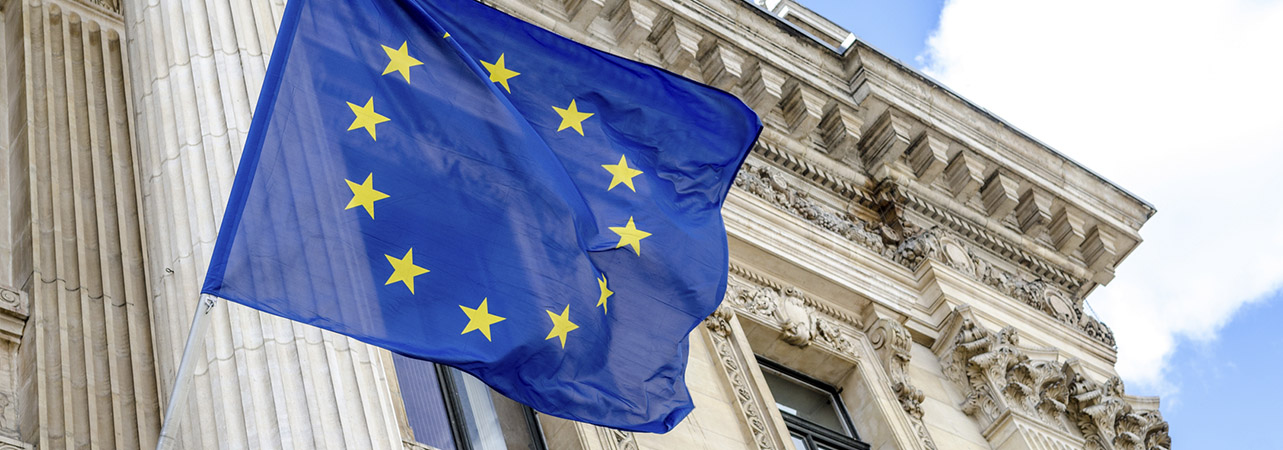Investor sentiment in Europe was dampened during September by an uptick in coronavirus infection rates across the region, and the World Health Organisation (WHO) warned that the news should be “a wake-up call”.
To view the series of market updates through September, click here
- Sentiment continued to show signs of improvement
- Eurozone CPI fell to -0.2%
- The outlook for Germany showed signs of improvement
Investor sentiment in Europe was dampened during September by an uptick in coronavirus infection rates across the region, and the World Health Organisation (WHO) warned that the news should be “a wake-up call”. The DAX Index fell by 1.4% over September, while the CAC 40 Index declined by 2.9%.
“The eurozone’s annualised rate of inflation fell into negative territory”
The eurozone’s annualised rate of inflation fell into negative territory for the first time since May 2016 during August, falling from 0.4% to -0.2% and driven down by a sharp decline in energy prices. The news sparked speculation that the European Central Bank (ECB) might opt to extend stimulus measures. ECB President Christine Lagarde warned that the coronavirus pandemic will continue to weigh on economic activity in Europe and “poses downside risks to the economic outlook”. She reiterated the central bank’s readiness to take action and “adjust all of its instruments as appropriate”.
Consumer and business sentiment in the euro area continued to rise during September, according to the European Commission, boosted by “waning pessimism in industry, retail trade, construction and, in particular, services”. However, the overall level of confidence remains below pre-pandemic levels; while Germany has recovered 80% of the confidence lost during lockdown; in contrast, Spain has recovered only 55%. Consumer confidence was lifted by a rally in expectations about the general economic backdrop and a small improvement in households’ optimism about their own financial situations.
The Ifo Institute upgraded its economic growth forecast for Germany from -6.7% to -5.2% amid signs that the country’s economy might recover more swiftly than originally expected. Nevertheless, the outlook remains very uncertain, clouded by question-marks over the future trajectory of the coronavirus pandemic and concerns over the impact of a “second wave”. Ifo also reported that business confidence had strengthened for a fifth consecutive month during September, despite an increase in Covid-19 infections, although sentiment in the services sector was undermined by worries over prospects for the hospitality and tourism sectors.
Germany’s exports rose by 4.7% during July, but remained 11.1% below their levels a year earlier, and exports to the US and the UK dropped at annualised rates of 17% and 12.6% respectively, raising concerns about the outlook for demand from key trading partners; in comparison, exports to China fell by just 0.1%. Meanwhile, imports rose at a monthly rate of 1.1%, but fell at an annualised rate of 11.3%.
A version of this and other market briefings are available to use in our newsletter builder feature. Click here









